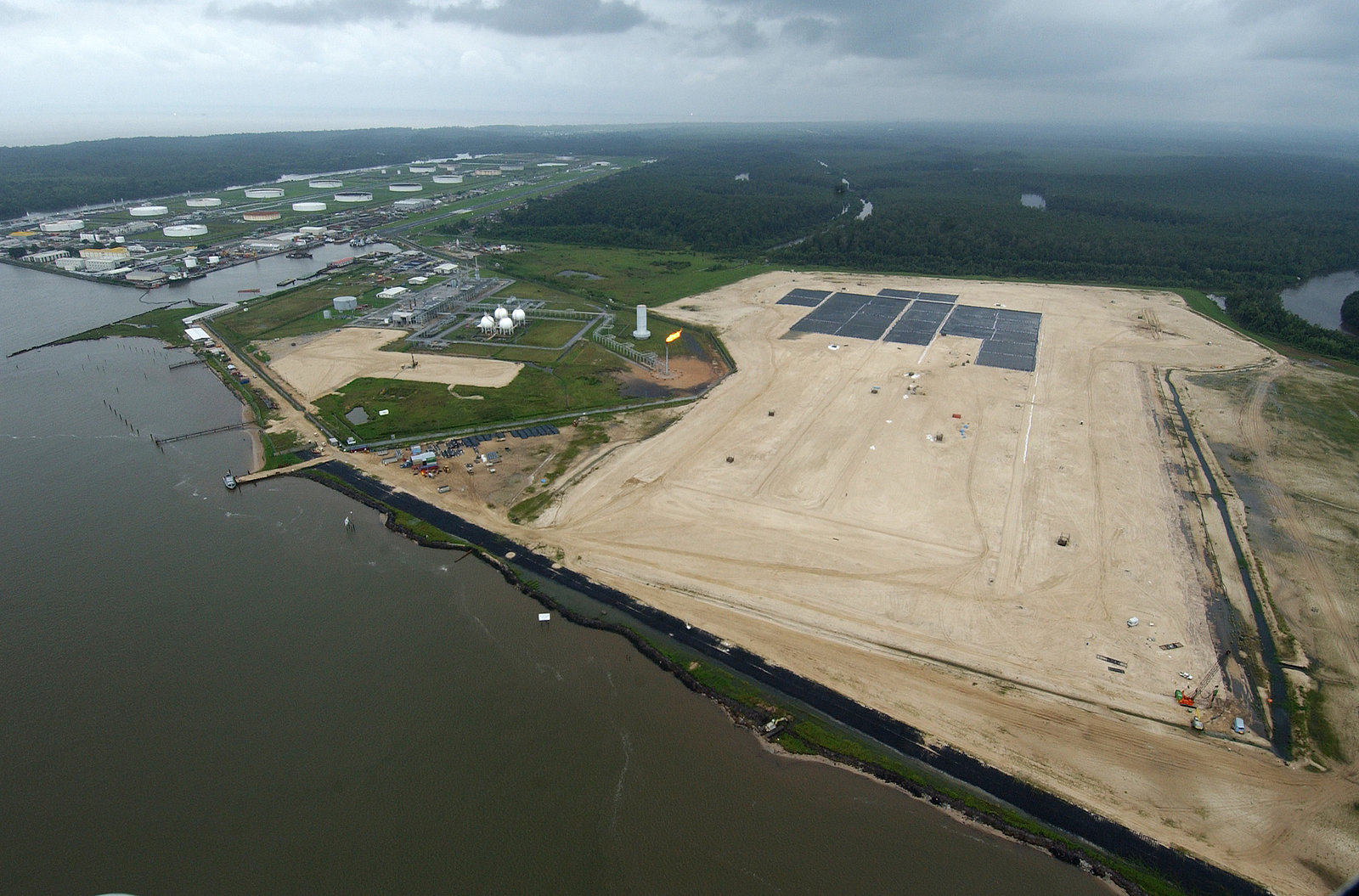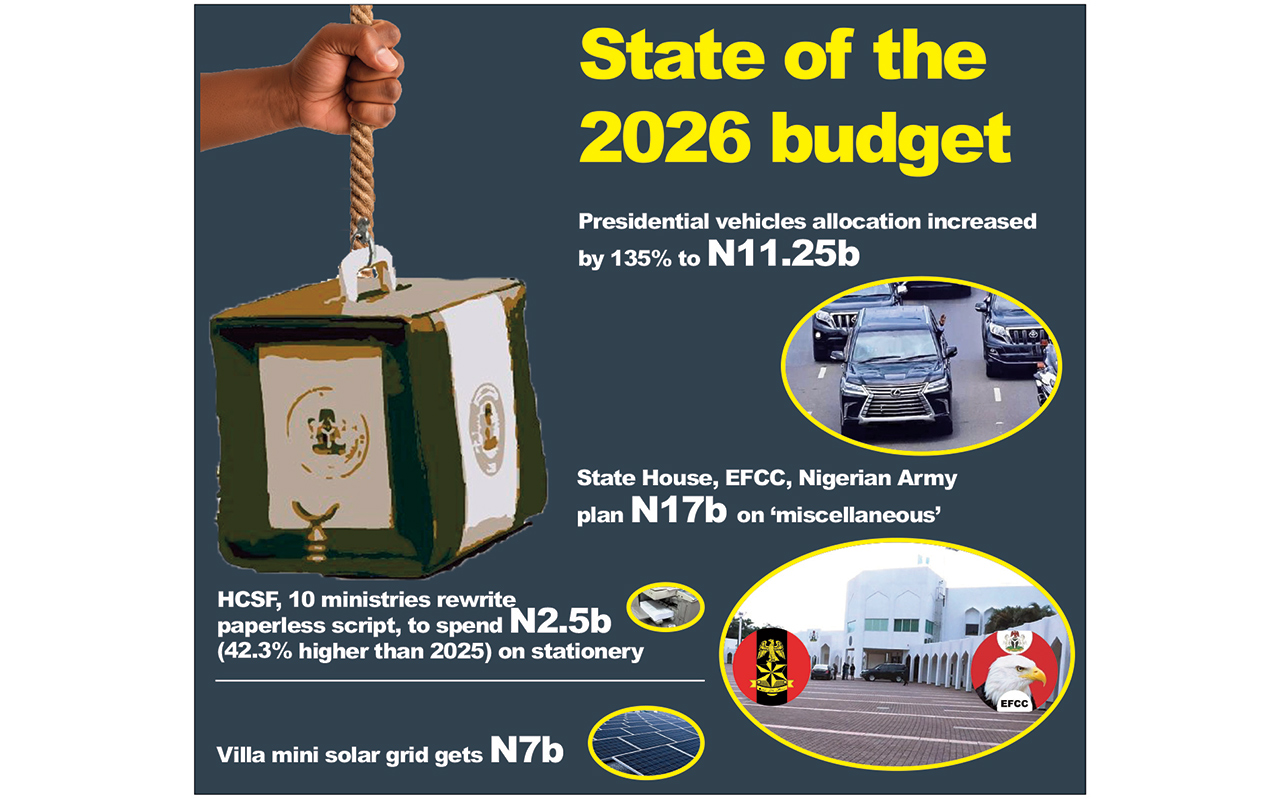 Mercury Maritime Concession Company Limited (MMCC) has expressed frustration over the continued delay by relevant government agencies in issuing a revalidation letter required for financiers to release the $27.29 billion funding for the Escravos Seaport Industrial Complex (ESIC) project in Delta State.
Mercury Maritime Concession Company Limited (MMCC) has expressed frustration over the continued delay by relevant government agencies in issuing a revalidation letter required for financiers to release the $27.29 billion funding for the Escravos Seaport Industrial Complex (ESIC) project in Delta State.
The Chairman of MMCC, Admiral Andrew Okoja (rtd), said the Federal Government’s prolonged delay in granting final approval is hindering the project’s progress.
The project involves the development of 31,000 hectares of land in Delta State into a deep seaport, crude oil refinery, gas complex, Independent Power Plant (IPP), airport, Nature Park, and other facilities.
Okoja shared his concerns and outlook for Nigeria’s maritime industry in 2025 in a statement sent to The Guardian yesterday.
According to Okoja, only the Delta State government has fulfilled its obligation by validating the ESIC project, which benefits Delta State and seven other states.
Okoja noted that investors are prepared to commit funds to commence the project but are hindered by the lack of necessary approvals.
Recall that the financing company for the project, EDIB International Limited, along with their consultancy, Blue Dot Wealth Limited, had sent the first commitment letter in January 2024, outlining the group’s risk assessment and the requirements for successful funding.
The Chairman of EDIB International Group, Kwame Springer, on May 2024, informed the Minister of Industry, Trade, and Investment, as well as officials from the Delta State government, that if Nigeria was not prepared to commence the ESIC project, the funds might be redirected to other African countries.
Okoja, however, expressed optimism that the ESIC project aligns with President Bola Tinubu’s “Renewed Hope” agenda and would contribute significantly to the nation’s economic growth.
Okoja highlighted the anticipated launch of the ESIC project as a potential game-changer. He stressed the need to optimise the country’s multimodal transportation system by integrating marine, rail, road, and air networks to drive meaningful improvements across the industry.
“The transformation will aim at maximising economic development by stimulating investment, commerce, trade, and industries,” Okoja said.
He expressed confidence that 2025 would mark a turning point for the maritime sector, paving the way for long-term economic growth and infrastructural development.






